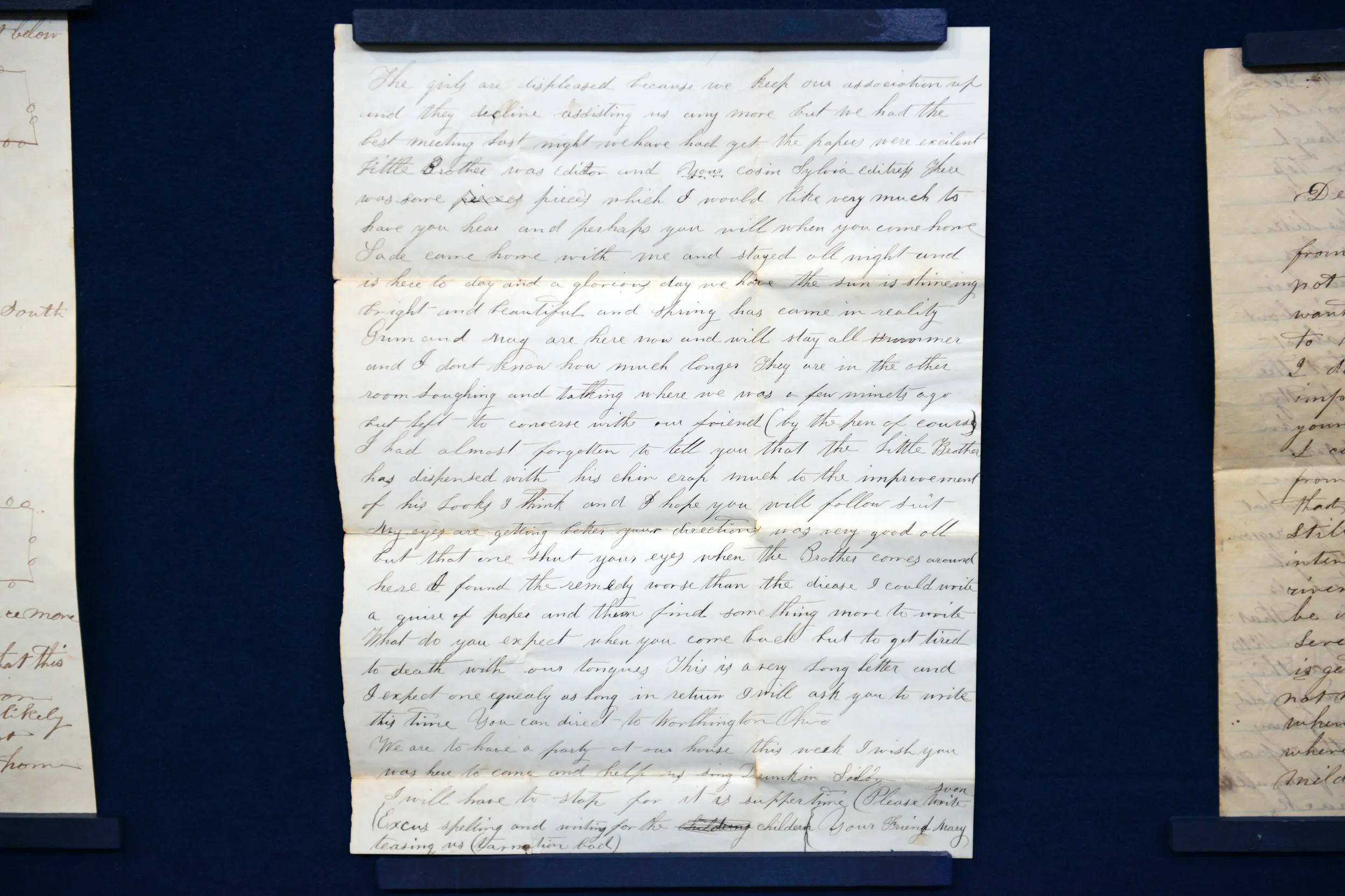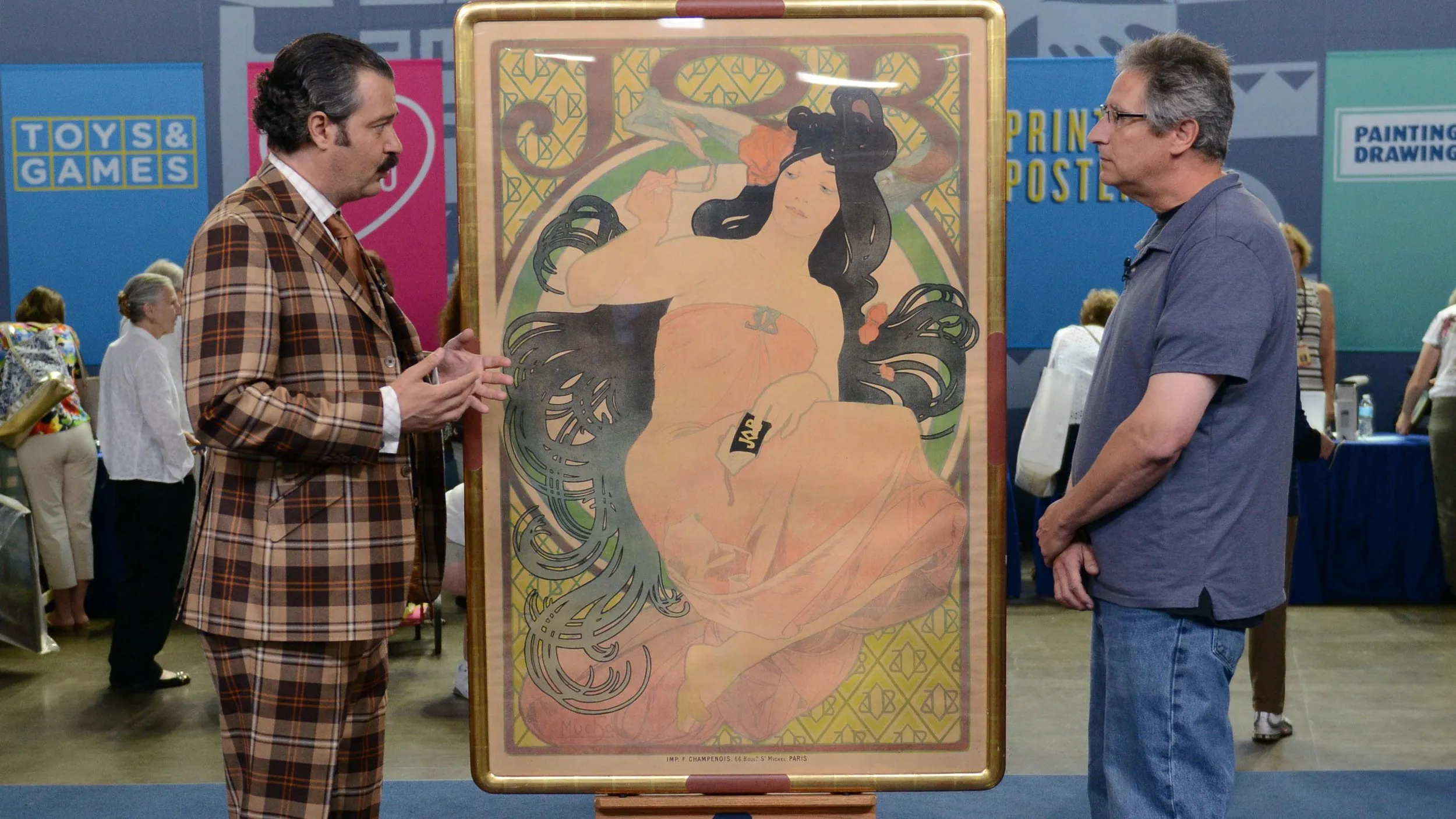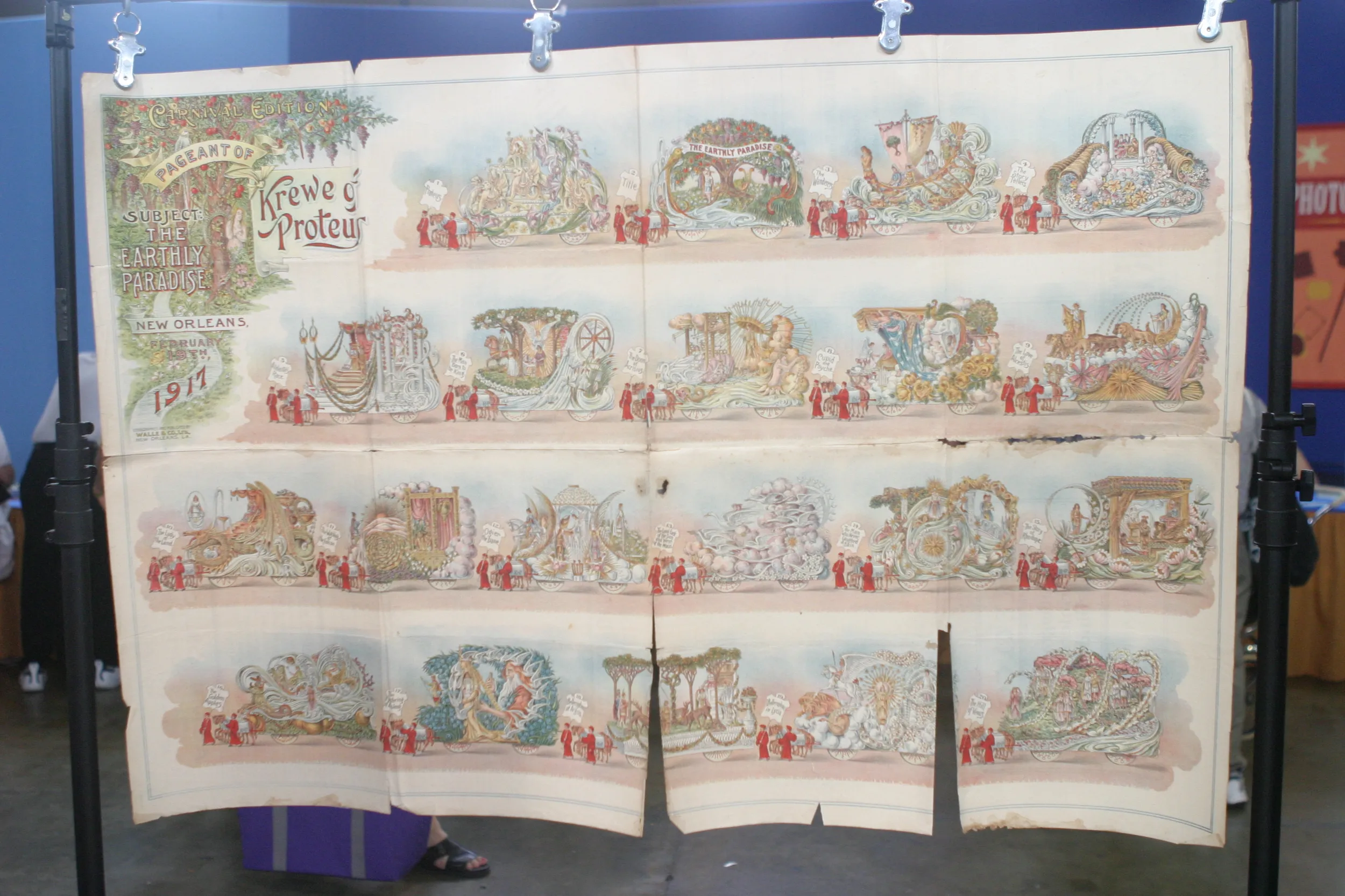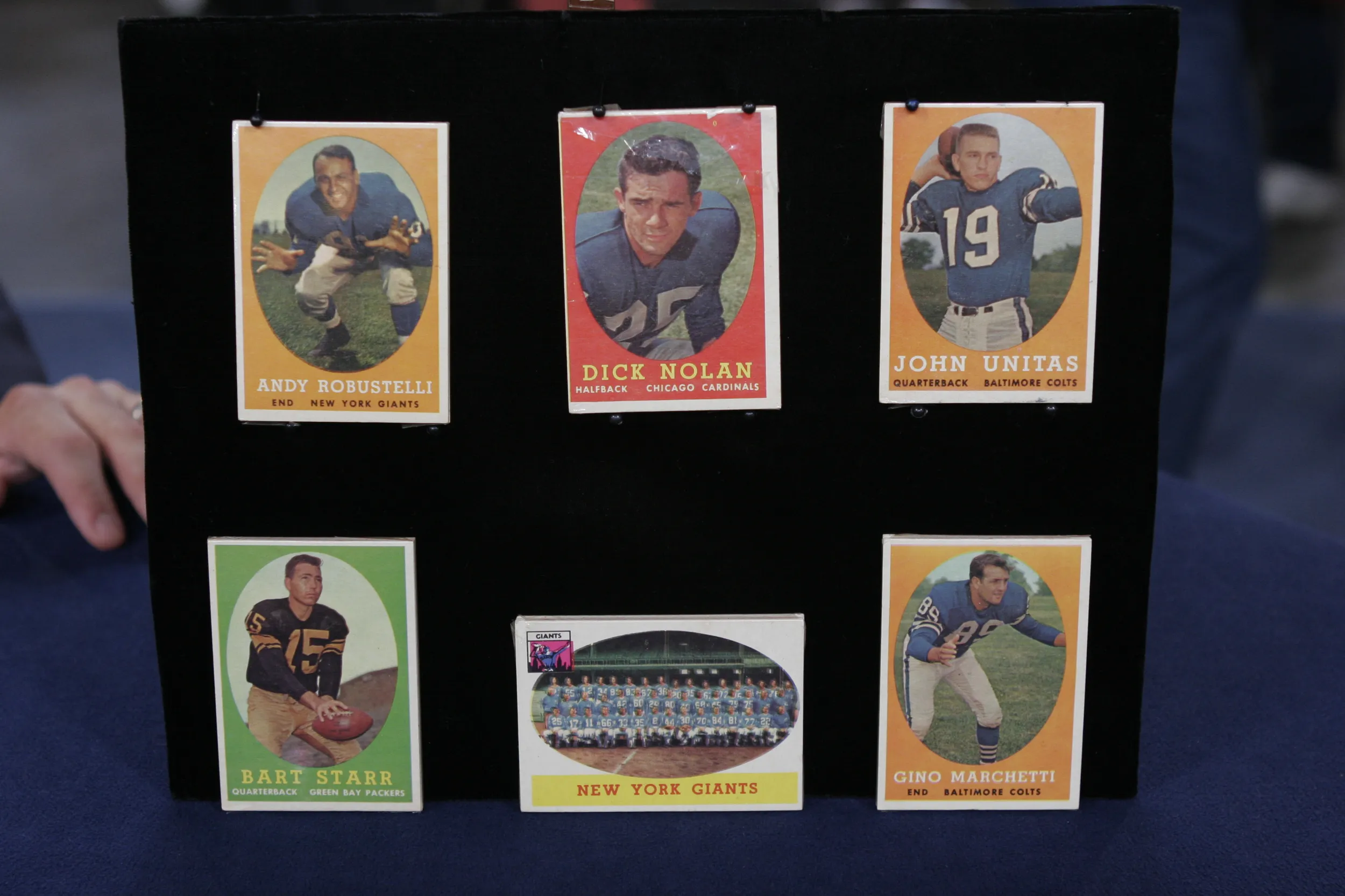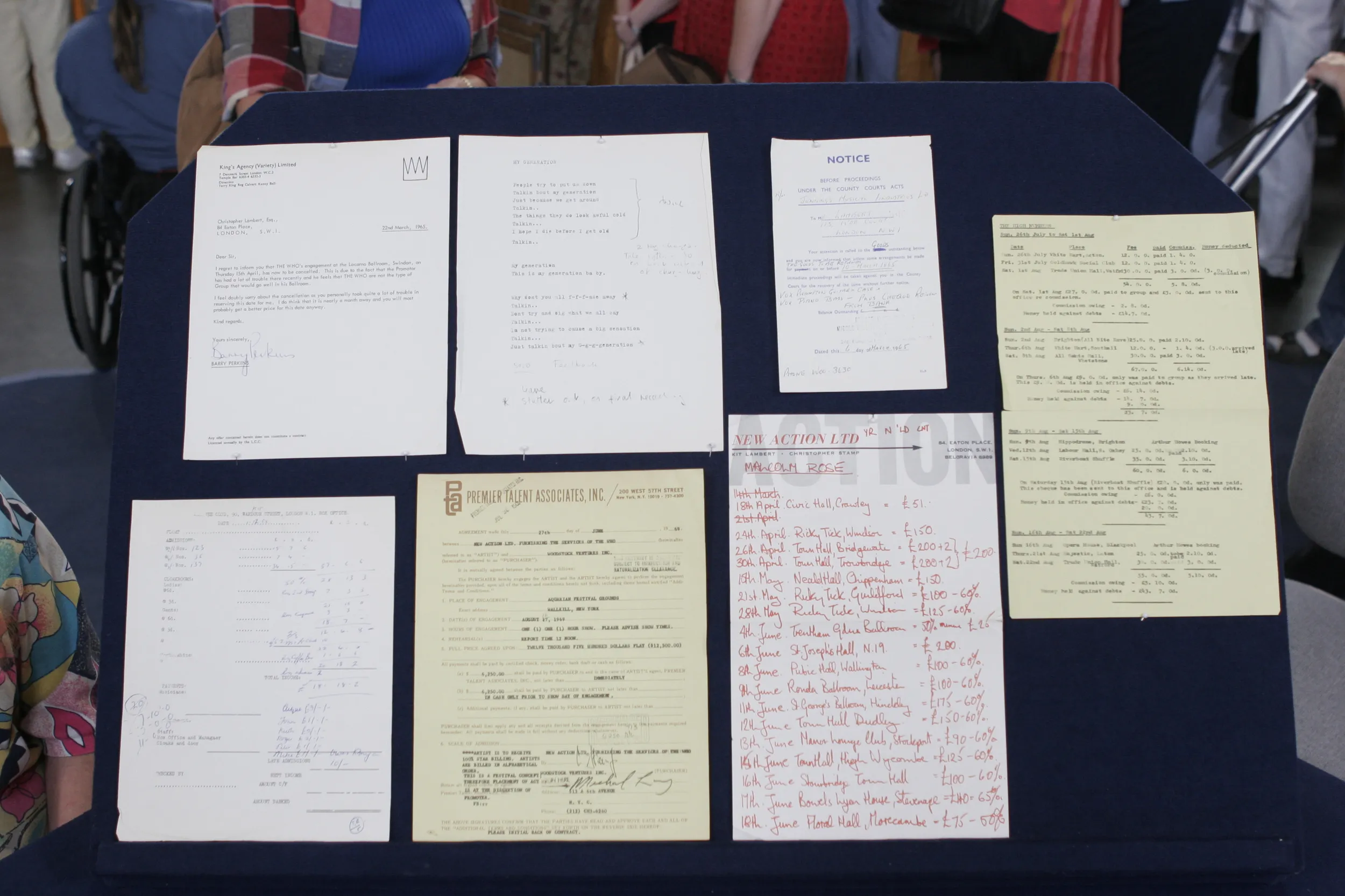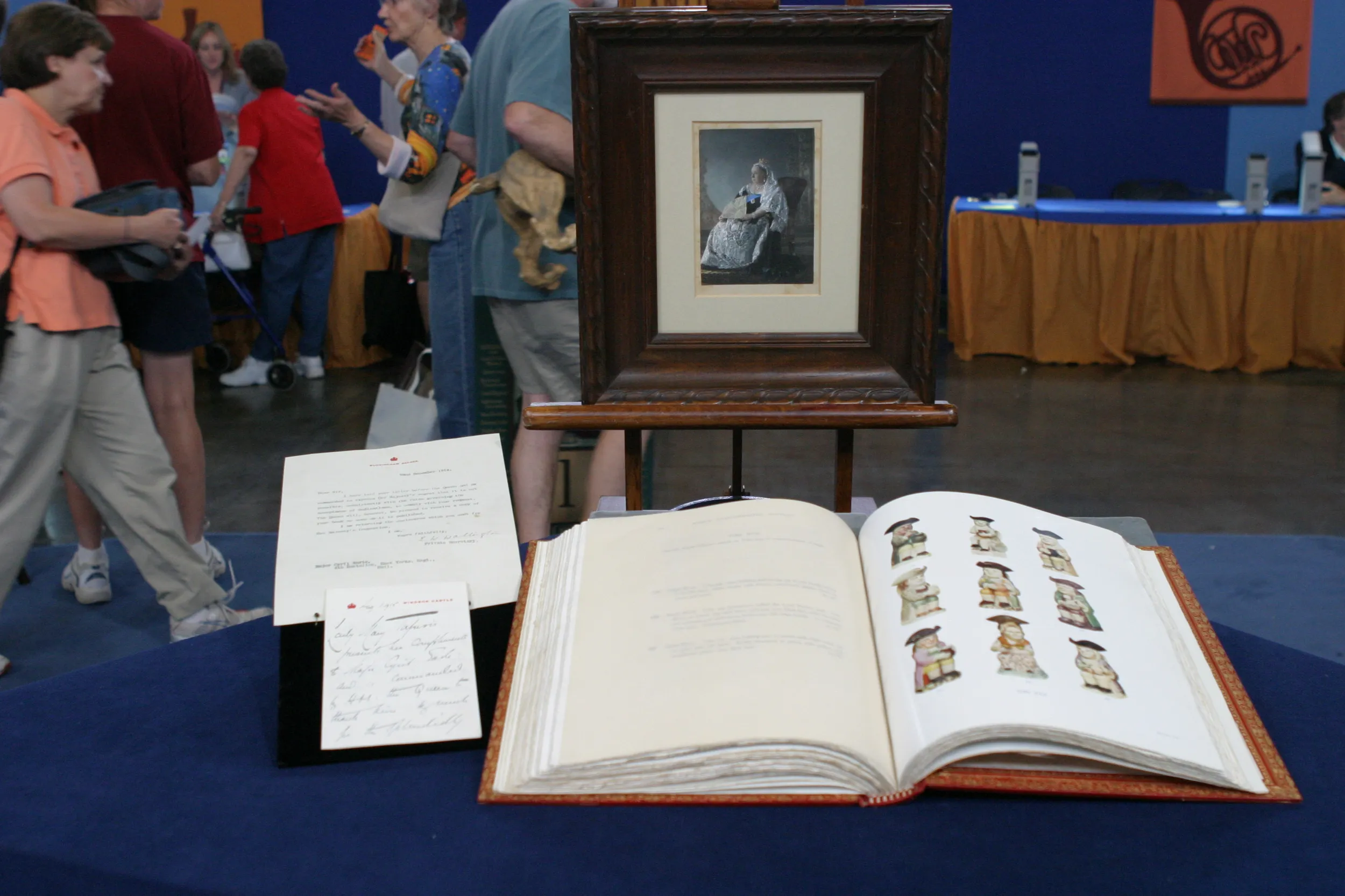GUEST: My mother was born in 1918, lived in Iowa. And she collected stamps when she was a little girl. But, luckily, she didn't collect any of the stamps off of these letters, and saved the whole group together. We've got about 20 to 25 letters. There's certain ones that are more interesting than the others. They're written from Colorado back to Iowa. And they talk about Idaho fever. One lady in the letter is talking that she had lost her hair, and the daughter had lost her hair.
APPRAISER: Okay.
GUEST: And then they talk about the Indians, and that they can't get home, and they're worried about whether they can even get the mail through.
APPRAISER: When are these letters from?
GUEST: 1864.
APPRAISER: Well, I'm so glad your mother is a stamp collector, saved the envelopes, and unlike most stamp collectors here's an example of one of the envelopes here, with the stamp still intact. Most stamp collectors would, in fact, cut the stamps or soak the stamps off the envelopes, destroying a postal history, which is very, very important in the philatelic sense. The country of Great Britain invented postage stamps, and as a result, they're the only country in the world that actually gets to not put the name of the country on a postage stamp. The letters are from 1864. Colorado Territory didn't exist until 1861. It was carved out of portions of Kansas territory on the east and Utah territory to the west. The Mormon empire of Deseret or Utah extended all the way to the crest of the Rocky Mountains, up until the U.S. government carved the Territory of Colorado out of, as I said, Kansas and Utah territories.
GUEST: Oh, I didn't realize that.
APPRAISER: This is the very early days, the beginnings of Colorado history. This is the back of the letter. This has got the map of either Fort Kearney or Fort Cottonwood.
GUEST: Well, in the bottom of the letter, it says that they are holed up. There's about 50 people, and they call it Fort Innes. And if you'll notice the room on the far side over here, shows "I-N-N-E-S," so I believe that's they call it that name. They were sending people to Kearney and to Cottonwood forts for safety.
APPRAISER: We have four territorial Colorado letters and two envelopes. A retail value for the collection would be between $6,000 to $7,500.
GUEST: My goodness. Okay. Thank you.

